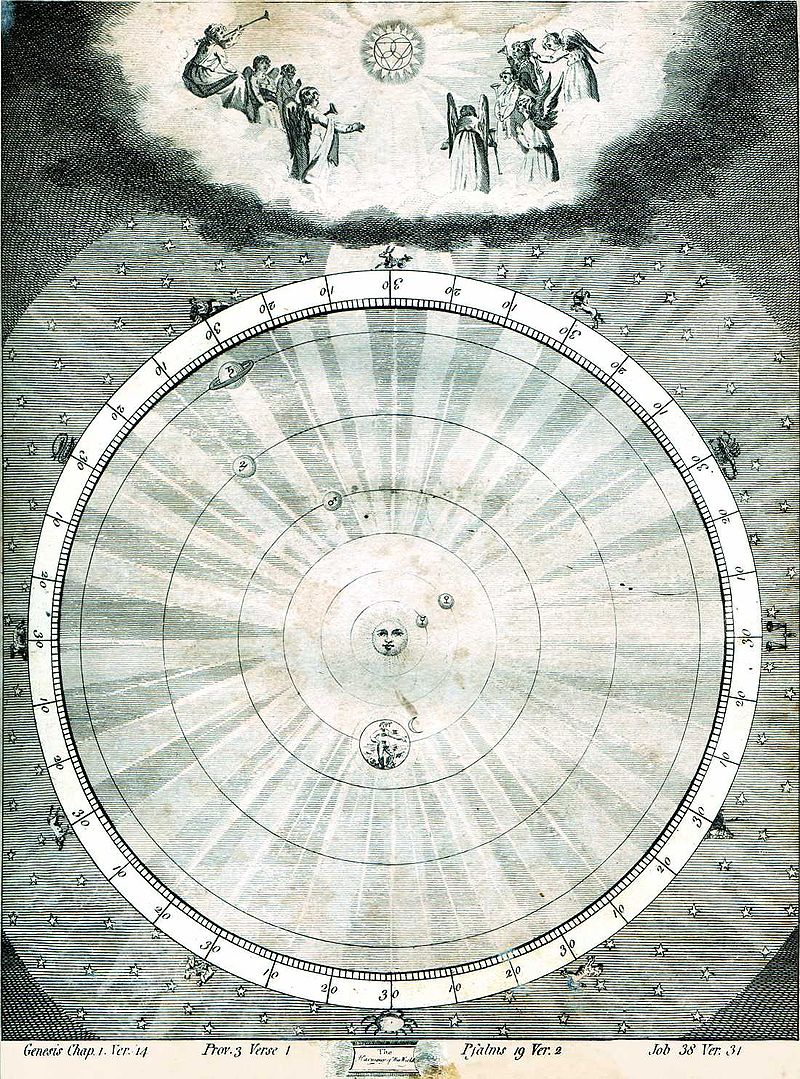Musica Universalis – Music of the Spheres
Originating in greek philosophy, the “music of the spheres” (or musica universalis) comes is a belief that the movements of celestial bodies like the Sun, Moon, and planets create a form of harmony or music—though not one we can hear with our ears. This concept was expanded on by 16th-century astronomer Johannes Kepler, who thought the “music” of the planets spoke to the soul. Even Aristotle weighed in, suggesting that celestial motion might produce sounds we’re so used to hearing that we don’t notice them, like a smith ignoring the clanging of their tools.

“Some thinkers suppose that the motion of bodies of that size must produce a noise, since on our earth the motion of bodies far inferior in size and in speed of movement has that effect. Also, when the sun and the moon, they say, and all the stars, so great in number and in size, are moving with so rapid a motion, how should they not produce a sound immensely great? Starting from this argument and from the observation that their speeds, as measured by their distances, are in the same ratios as musical concordances, they assert that the sound given forth by the circular movement of the stars is a harmony. Since, however, it appears unaccountable that we should not hear this music, they explain this by saying that the sound is in our ears from the very moment of birth and is thus indistinguishable from its contrary silence, since sound and silence are discriminated by mutual contrast. What happens to men, then, is just what happens to coppersmiths, who are so accustomed to the noise of the smithy that it makes no difference to them.”
(Artistotle)
| Home | | | Sound | | | Holst | | | Musica Universalis | | | Scores | | | Resources |
|---|